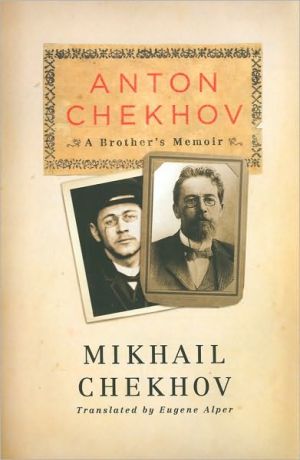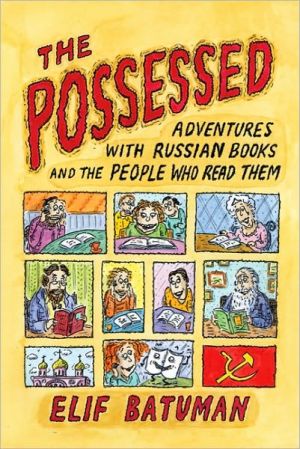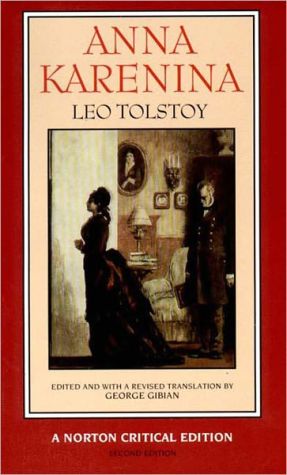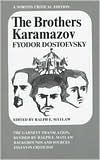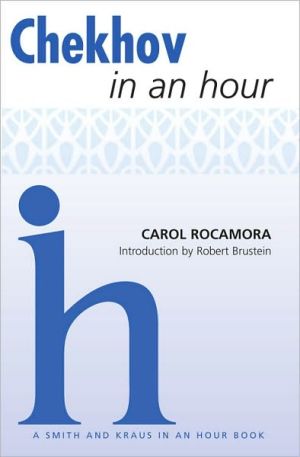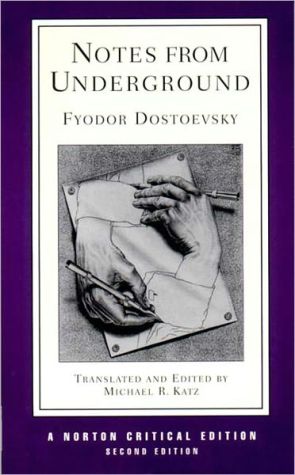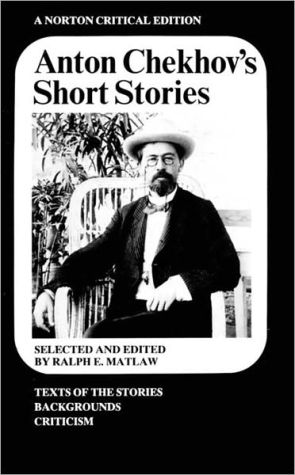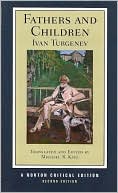Anton Chekhov: A Brother's Memoir
In a style reminiscent of Anton Chekhov himself—realistic, intimate, and dynamic—Mikhail Chekhov shares unparalleled memories and insights, transporting readers into the world of the Chekhov family. He visits the places where his brother lived and worked and introduces the people he knew and loved, Leo Tolstoy and Piotr Tchaikovsky among them. As a unique eyewitness to the beloved writer's formative years and his artistic maturity, Mikhail Chekhov shows here first-hand the events that...
Search in google:
In a style reminiscent of Anton Chekhov himself—realistic, intimate, and dynamic—Mikhail Chekhov shares unparalleled memories and insights, transporting readers into the world of the Chekhov family. He visits the places where his brother lived and worked and introduces the people he knew and loved, Leo Tolstoy and Piotr Tchaikovsky among them. As a unique eyewitness to the beloved writer's formative years and his artistic maturity, Mikhail Chekhov shows here first-hand the events that inspired the plots for The Seagull, The Black Monk, and The Steppe, among other enduring works. Captivating, surprising, and a joy to read, this memoir reveals the remarkable life of one the most masterful storytellers of our time.Publishers WeeklyIn 1905, the year after his older brother Anton's death, Mikhail Chekhov began publishing a series of biographical recollections about his famous sibling . More than 20 years later, the younger Chekhov compiled many of the most important stories from his collections into this volume, appearing here in English for the first time. In Alper's competent translation, Mikhail provides some useful and interesting glimpses into the Chekhov family life and his older brother's personality and playful sense of humor. He also relates events behind the plots of some of Anton's more famous stories and of his play, The Seagull. In a fit of madness, and perhaps jealousy, a friend of Anton's went out to the lake with his shotgun, killed a seagull, and threw the dead bird at the feet of his lover, without any explanation. But this volume reveals as much about Mikhail as about his celebrated brother, so the book will appeal only to deeply devoted Chekhov fans who have not been able to read Mikhail's recollections in Russian . (Jan.)
Our Ancestry • Our Childhood in Taganrog • The Early Years in Moscow • The Moscow Literary Magazines • The Young Doctor • The First Plays • Recognition • Anton’s Travels • Melikhovo • The Final Years
\ Publishers WeeklyIn 1905, the year after his older brother Anton's death, Mikhail Chekhov began publishing a series of biographical recollections about his famous sibling . More than 20 years later, the younger Chekhov compiled many of the most important stories from his collections into this volume, appearing here in English for the first time. In Alper's competent translation, Mikhail provides some useful and interesting glimpses into the Chekhov family life and his older brother's personality and playful sense of humor. He also relates events behind the plots of some of Anton's more famous stories and of his play, The Seagull. In a fit of madness, and perhaps jealousy, a friend of Anton's went out to the lake with his shotgun, killed a seagull, and threw the dead bird at the feet of his lover, without any explanation. But this volume reveals as much about Mikhail as about his celebrated brother, so the book will appeal only to deeply devoted Chekhov fans who have not been able to read Mikhail's recollections in Russian . (Jan.)\ \ \ \ \ Library JournalMikhail Chekhov first wrote these recollections of his renowned older brother, the playwright and short story writer Anton Chekhov, in 1929. Now they have been translated into English for the first time. These vignettes reveal a playful yet serious hardworking Anton, and the delightful Chekhov family (six children and two parents), often poor, but always welcoming artists and colorful visitors to share their various homes. Mikhail describes these occasions, pointing out how they inspired some of Anton's works. The artists in the Chekhovs' circle even included Tolstoy and Tchaikovsky. Mikhail writes about his brother with a warmth, clarity, and intimacy that only a brother can capture. Especially moving are his accounts of Anton's illness, the tuberculosis which he as a doctor didn't want to face even to the point of not allowing any other physician to examine him. (How frustrating this must have been for Mikhail.) VERDICT This charming book will appeal primarily to academics and those interested in Chekhov, his family, and the 150th anniversary of Chekhov's birth.—Nancy R. Ives, SUNY at Geneseo\ \ \ Kirkus ReviewsThe first English translation of the desultory, digressive recollections-originally published in 1933-of the youngest brother of the celebrated playwright, novelist and short-story writer. Anton Pavlovich Chekhov, who died of tuberculosis in 1904, grew up in a family that struggled to survive and lived apart for a time while the father looked for work in Moscow after departing the countryside, where his family had risen from serfdom. Eventually, the artistic, intellectual family reassembled, and the boys, though struggling financially, found ways to pay for their educations. Anton became a physician, a profession he never completely surrendered, and then the writer whose stories and plays continue to delight and illuminate. The text here is nothing like a contemporary memoir. There is very little about anyone's inner life-even Anton's marriage occurs offstage in several swift sentences-and the author, though he proceeds chronologically, pauses often to append asides on a variety of subjects, including visitors to their house or his own struggles and successes as a writer. He sometimes gets dates and places wrong-the translator makes corrections in the endnotes-and avoids analysis of Anton's work. He does tell the story of an actual shooting of a seagull that may have been the genesis of that eponymous play, and talks about how Anton met with Tolstoy-but nothing about what occurred. Still, there are memorable images that give us a taste of what a frisky, playful prankster Anton was before TB struck him down. He once went fishing with a friend in formal tails and top hat; he startled another sleeping friend with a flashlight in the face; he kept a pet mongoose that alarmed visitors. A workinvaluable for what it says, frustrating for what it does not.\ \
